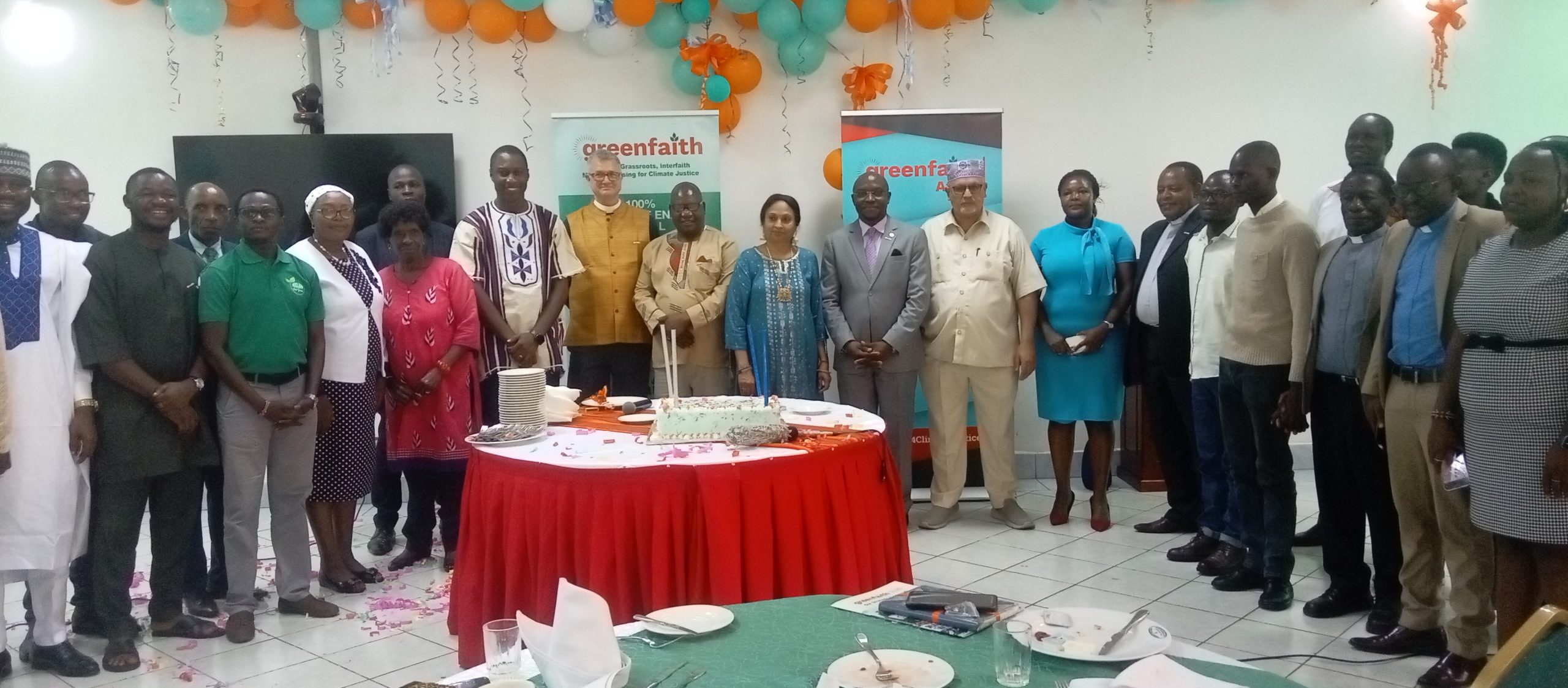By Eddah Waithaka
Health policy stakeholders are being encouraged to implement regulations grounded in scientific evidence to improve harm reduction strategies throughout Africa and strengthen public health outcomes. This pivotal message emerged during the fourth edition of the Harm Reduction Exchange held in Nairobi, Kenya, under the theme “Enabling Innovation in Harm Reduction through Science-Led Regulation and Policymaking.”
The event gathered a diverse array of participants, including high-level policymakers, public health experts, media representatives, and members of the Bar, Hotels, and Liquor Traders Association (BAHLITA), all united in their commitment to leveraging evidence-based approaches in the fight against public health challenges.
The conference agenda highlighted a series of engaging speeches, presentations, and panel discussions featuring a lineup of esteemed experts, including Wilson Box, Dr. Vivian Manyeki, Dr. Mercy Korir, Dr. Mohammed S. Eltaweel, Chimwemwe Ngoma, Prof. Karl Fagerström, Samuel Hanu, Uche Olatunji, Nnanyelugo Ike Muonso, Joseph Magero, and Dr. Michael Kariuki.
This initiative focuses on implementing effective harm reduction strategies while also reinforcing control policies and enforcing strict trading regulations to tackle the growing issue of black-market products.
Dr. Vivian Manyeki, a public health specialist in Kenya, emphasized the significance of harm reduction in her work. She explained that harm reduction encompasses a range of policies, programs, and practices designed to decrease the adverse health, social, and legal effects associated with substances such as tobacco, alcohol, and opioids.
According to her, it is essential for governments to enhance tobacco control legislation while simultaneously incorporating harm reduction strategies. This approach should involve allocating tax revenues from tobacco products to support public health initiatives and improving access to harm reduction resources.
Read Also :https://switchmedianews.wordpress.com/2024/11/27/google-generated-approximately-900-million-to-kenyas-economy-in-2023/
At the event, Wilson Box, the Projects Executive Director of the Zimbabwe Civil Liberties and Drug Network, highlighted the diverse regulatory environments throughout Africa.
He noted that “While certain countries have adopted measures in accordance with the WHO Framework Convention on Tobacco Control (FCTC), others encounter resource limitations that hinder effective regulation. Wealthier nations typically possess advanced regulatory frameworks, whereas low- and middle-income countries often face challenges in managing new nicotine products.”
“The government has embraced harm reduction strategies, including making buprenorphine available to treat opioid addiction and supporting regulated alternatives to traditional cigarettes. These measures have reduced the public health burden and associated social issues.” said Dr. Mohammed S. Eltaweel who shared Egypt’s success in reducing harm from
opioid misuse and tobacco through scientific, cost-effective interventions.
In addition, Dr. Michael Kariuki, a Kenyan expert, highlighted the benefits of Nicotine Replacement Therapy (NRT) and educated that, “NRT products deliver nicotine through patches, sprays, or lozenges, offering safer alternatives to smoking. They are safe, with no evidence linking them to lung, gastrointestinal, or oral cancer. He also noted the media’s critical role in informing smokers about alternative, lower-risk products and fostering public dialogue around harm reduction strategies.”
Further, the 2024 Harm Reduction Exchange underscored the critical importance of evidence-based strategies in shaping effective tobacco regulation policies across the region. It is clear that while Kenya has made commendable progress with the Tobacco Control Act of 2007, which distinguishes between combustible and non-combustible products, Nigeria still faces challenges due to the absence of specific guidelines for non-combustible items.
Conversely, Ghana’s stringent prohibition of non-tobacco harm-reducing products like shisha, enforced by its Food and Drugs Authority (FDA), highlights a more cautious approach. Together, these regional differences illustrate the need for tailored regulatory frameworks that prioritize public health, ultimately aiming to save lives and reduce the overall burden of tobacco-related harm in society.






